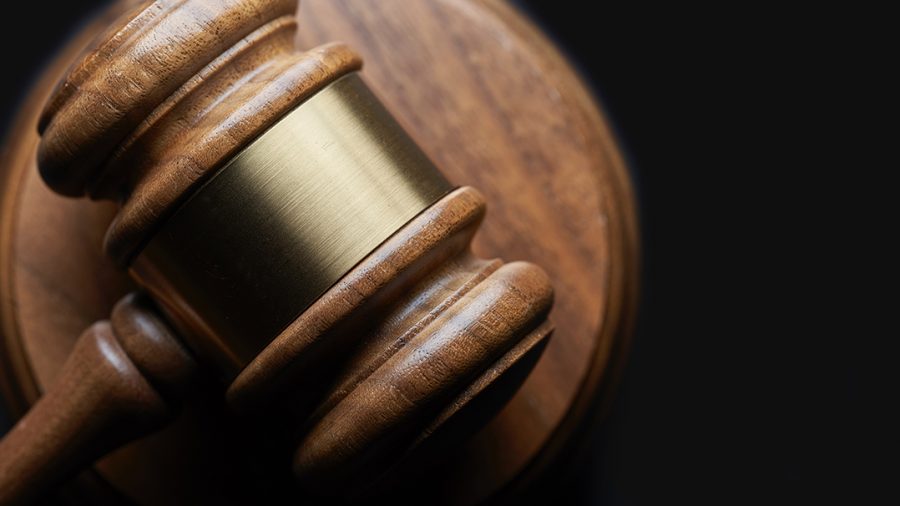A New Jersey judge who ruled that a teenage boy accused of rape should not be charged as an adult because he “came from a good family” has resigned.
Superior Court Judge James Troiano, the judge, told the state Supreme Court that he would step down immediately, according to a court order released on July 17 and obtained by the Asbury Park Press.
Troiano was retired and had been taking cases on an on-call basis.
The ruling came after a 16-year-old boy was accused of sexually assaulting a “visibly drunk” girl at a party in 2017 and filming himself doing so. In one text, he wrote: “[w]hen your first time having sex was rape.”
The ruling was recently released to the public.
In the ruling, Troiano wrote, “[T]his young man comes from a good family who put him into an excellent school where he was doing extremely well.” He also said the boy was an Eagle Scout and said charging him as an adult could have a potentially “devastating effect.”
Judge who said teen rape suspect was ‘from a good family’ steps down https://t.co/rF9QgzDuPf pic.twitter.com/L4VlteRHjx
— New York Post (@nypost) July 17, 2019
He also said that rape, in his mind, typically involves two or more males and happens “either at gunpoint or weapon.” He said the girl and boy seemed to walk “hand in hand” to where the alleged assault happened.
“He is clearly a candidate for not just college but probably for a good college. His scores for college entry were very high,” the judge added of the boy.
Protesters had recently gathered outside the Monmouth County Courthouse and over 100,000 people signed a petition to recall Troiano.
Some legal experts had spoken out against the judge.
“I find the words of this judge to be absolutely appalling,” said CBS News legal analyst Rikki Klieman earlier this month.
“It should never matter what a defendant’s background is. It should not matter if he is rich or poor, if he is black, white, brown, or yellow. The judge only looked at the boy’s background and did not regard anything he did as particularly serious of sexual assault or even rape.”
Sexual Assault Ruling Overt… by Anonymous CfiC2MOAw on Scribd
Ruling Overturned
Troiano’s ruling sparing the boy from facing adult charges was overturned by an appellate court in June.
According to the new ruling, the girl who was sexually assaulted tried speaking with the teenage boy about what happened but he denied that the encounter happened and said friends who told her about the video were lying.
After the girl learned the boy continued to disseminate the video, her mother contacted the authorities. A police officer told the boy and his friends to delete the video, which they did.
A prosecutor found “offenses involved a sexual assault against [Mary’s] person and a gross violation of her privacy,” and said the boy’s actions were “sophisticated and predatory,” according to the appellate court.
“At the time he led [Mary] into the basement gym, she was visibly intoxicated and unable to walk without stumbling. For the duration of the assault, the lights in the gym remained off and the door was barred by a foosball table. Filming a cell phone video while committing the assault was a deliberate act of debasement,” the prosecutor wrote.
“And, in the months that followed, he lied to [Mary] while simultaneously disseminating the video and unabashedly sharing the nature of his conduct therein. This was neither a childish misinterpretation of the situation, nor was it a misunderstanding. [G.M.C.’s] behavior was calculated and cruel. This level of criminal sophistication warrants the elevation of this case via involuntary waiver to the adult criminal court.”
The court found that Troiano overstepped his role in the case.
“The likelihood of conviction was not for the judge to decide on a waiver motion. His skeptical scrutiny of G.M.C.’s friend, who said the video depicted Mary’s head banging against a wall, the victim’s credibility, and the motives and conduct of the victim’s family went beyond review of the prosecutor’s decision for abuse of discretion,” the court wrote. “Rather than focusing on whether the prosecutor’s consideration of the statutory factors supported the application, the judge decided the case for himself.”


